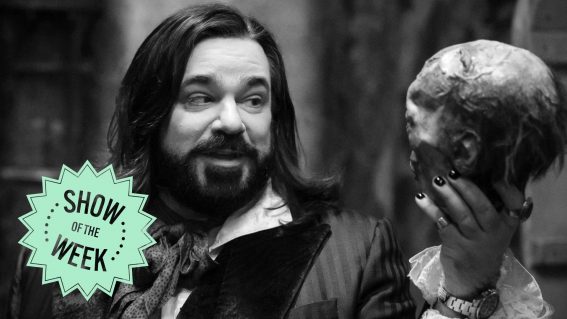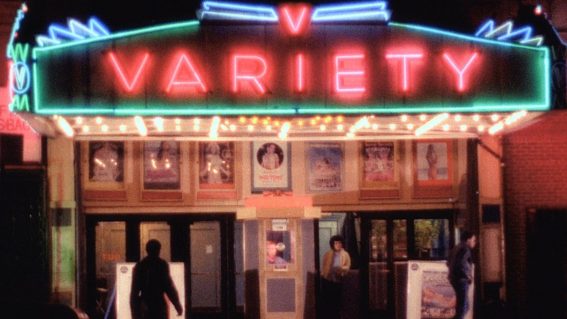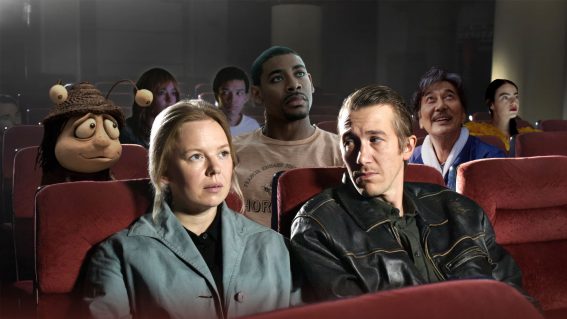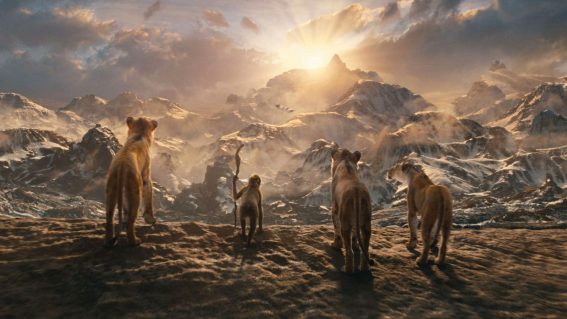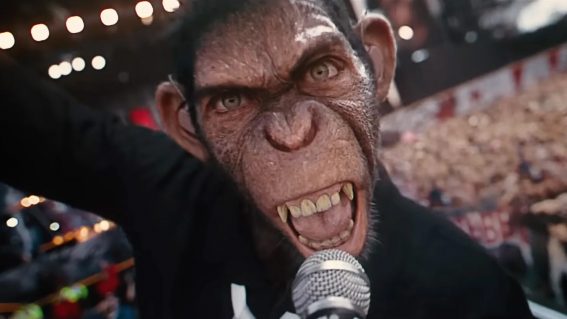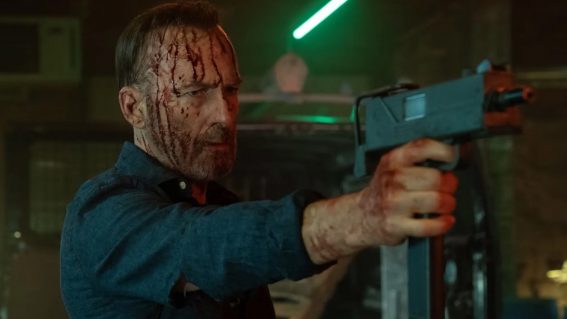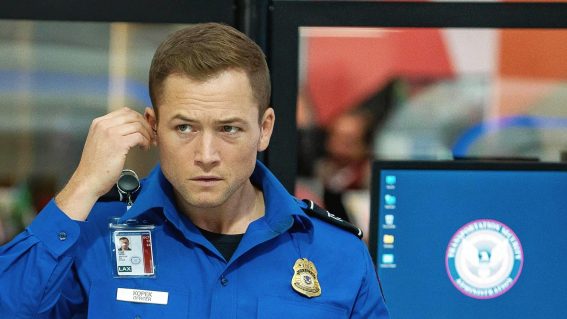Interview: Oscar Isaac on ‘Inside Llewyn Davis’
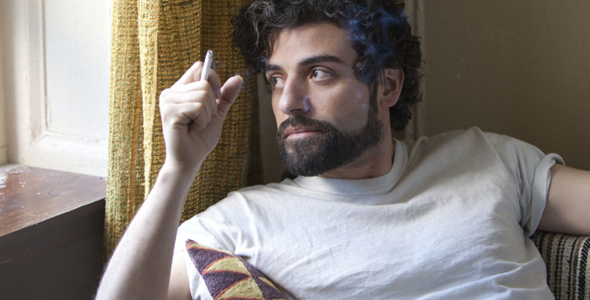
“It’s a movie made in New York, by New Yorkers, filled with New Yorkers, at a time in New York that changed the face of this country and I think the world,” Oscar Isaac passionately exclaimed on Inside Llewyn Davis at the Gotham Film Awards. A couple of months previously, Alexander Bisley participated in Isaac’s group media activities around Inside Llewyn Davis’ New York Film Festival premiere.
What was it like working with the Coen brothers?
Oscar Issac: It was incredibly emotional, I really fell in love them as people. They’re incredibly generous and shared with me stories of the great actors they’ve worked with, of their thoughts about directing, about art, and about life. It was a very moving experience on top of the fact that it was my first lead role. The whole thing was more than I could even possibly comprehend.
How did you get involved?
I knew that I had to audition for it when I heard about it because they (Joel and Ethan Coen) are my favourite filmmakers. But I also knew that it was about a musician, and I’ve been playing music for a while now. So I got an audition, I auditioned a couple times, and they gave me the part—very traditional.
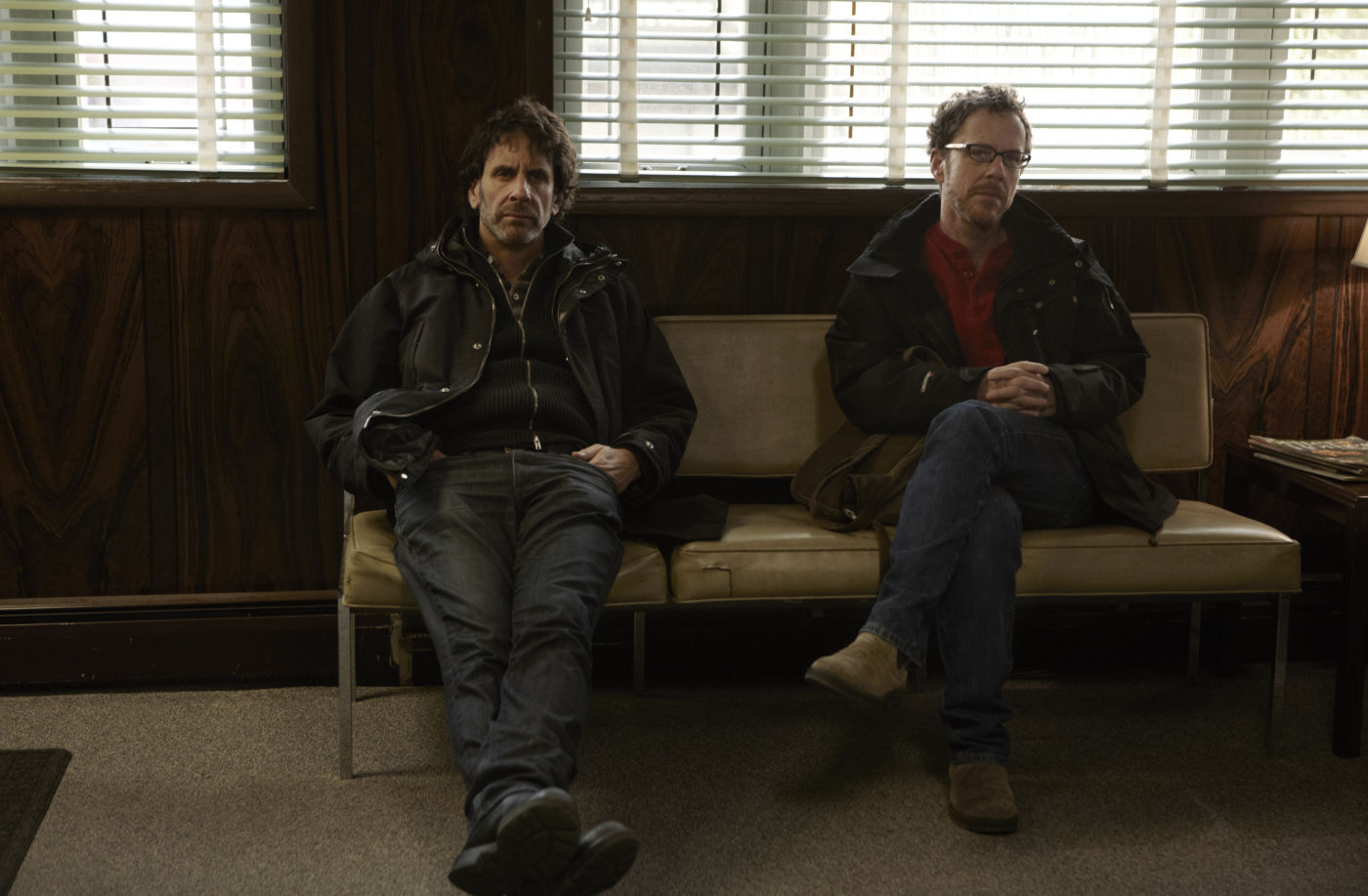
How much did you bring to the character?
It was kind of loosely based on Dave Van Ronk at first, so when they were starting, they were looking for a big, three hundred pound blonde screamer. Then I kind of crept in, and it changed. They imagined the movie with me and with my sensibility: the way that I sing, and all those things that I brought.
Was Bob Dylan an influence?
Well, yeah, the idea of the guy that’s trying to be authentic and only plays old songs, but the culture around him – or the scene at least – is moving on from that, and if they’re moving on what’s he supposed to do? If that’s how he feels the most true to himself, is playing old songs? It’s just interesting because in a way these folk musicians were like curators, or DJs, really [laughs]. They would collect these songs and present them and once you had started collecting records you realized, “well I’ve got the original there so why would I need you to sing it to me? So I want to hear new stuff.” That kind of became the new movement, and – of course – Dylan came along and synthesized what the beat poets were doing and traditional music, and made this new thing and people got more jazzed about that.
Were there any songs that you bought into the conversation?
‘Green Rocky Road’, the one that I play in the car. That was one, and [also] the big question for me – because it wasn’t in the script – was the song that I played for F. Murray [Abraham]. That one, you know, there was some time when we didn’t know what it was. I was looking at a bunch of different songs as well, and so it was a surprise when that one ended up being the one.
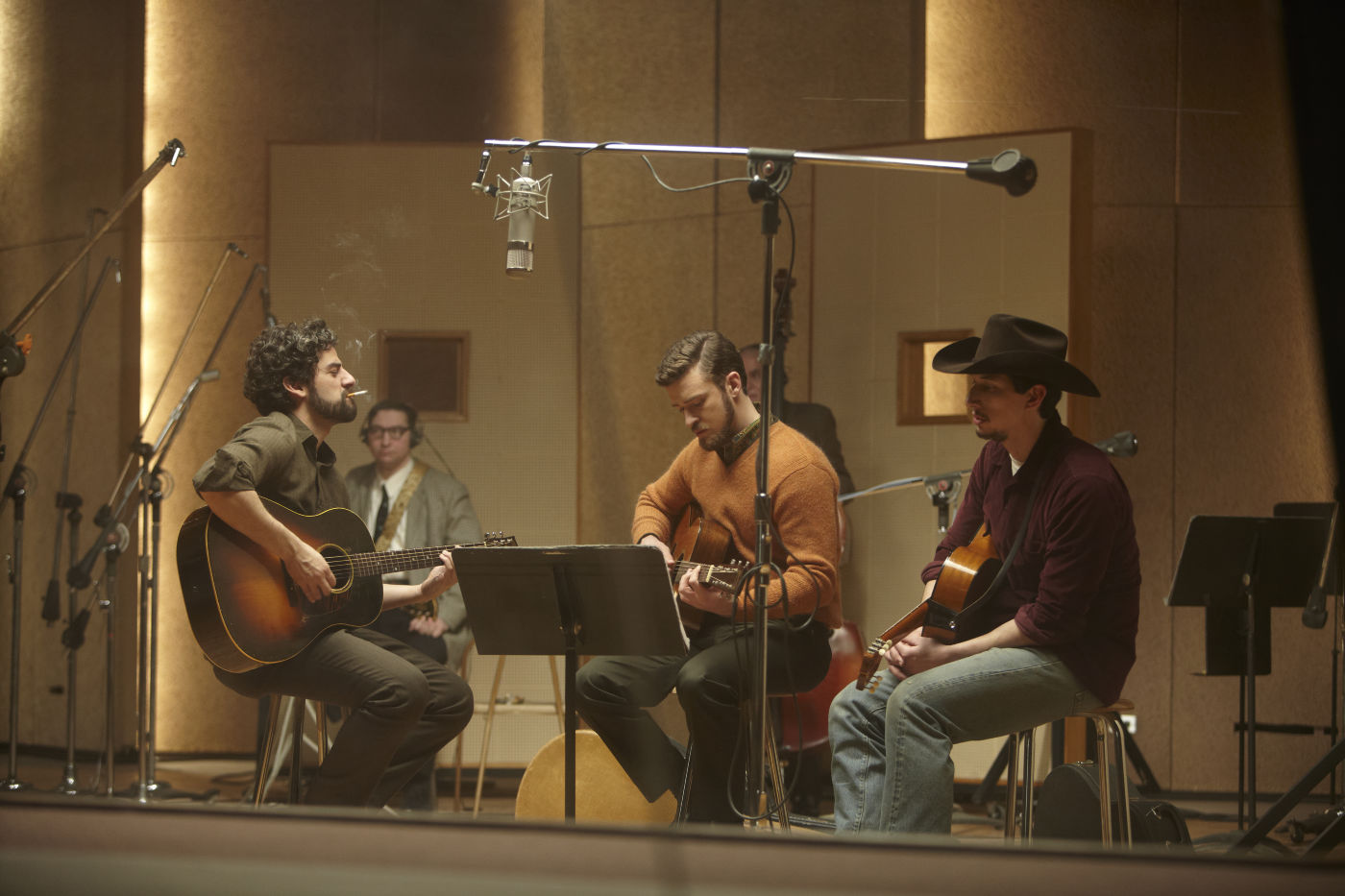
During the trek to Chicago there’s a shot where he’s sitting at the coffee counter and he’s trying to squeeze the wetness out of his sock. It’s an evocative image. Where in the process of creating this picture is that image there? Does it come up when you’re writing the script? Is it something you storyboard out?
It was in there. There was a little picture too. What’s cool is that every day you get your sides – your words you have to say for the day, your lyrics. Then at the back of the sides you have the storyboards printed out, which is a really great way for everybody to understand what’s happening, and not everybody does that. I do remember the picture of the wet shoe, and it seems just like, “what’s a horrible thing that you could have in a diner, in a place you’re stuck in? A cold, wet foot.”
The atmosphere of the film is pretty bleak and everything looks really washed out and grey, except for the one time where he goes to see his father you get a quick shot of some blue in the sky.
Remember, it was actually a very warm winter, so we were rushing around to trying to get a lot of these bleak shots but there were leaves coming in the trees. We actually had to fake a lot of that.
Alexander R Bisley’s recent film feature highlights include Naomie Harris, Steve McQueen, and Spike Jonze. He also wrote for Flicks this year on Amy Adams.

